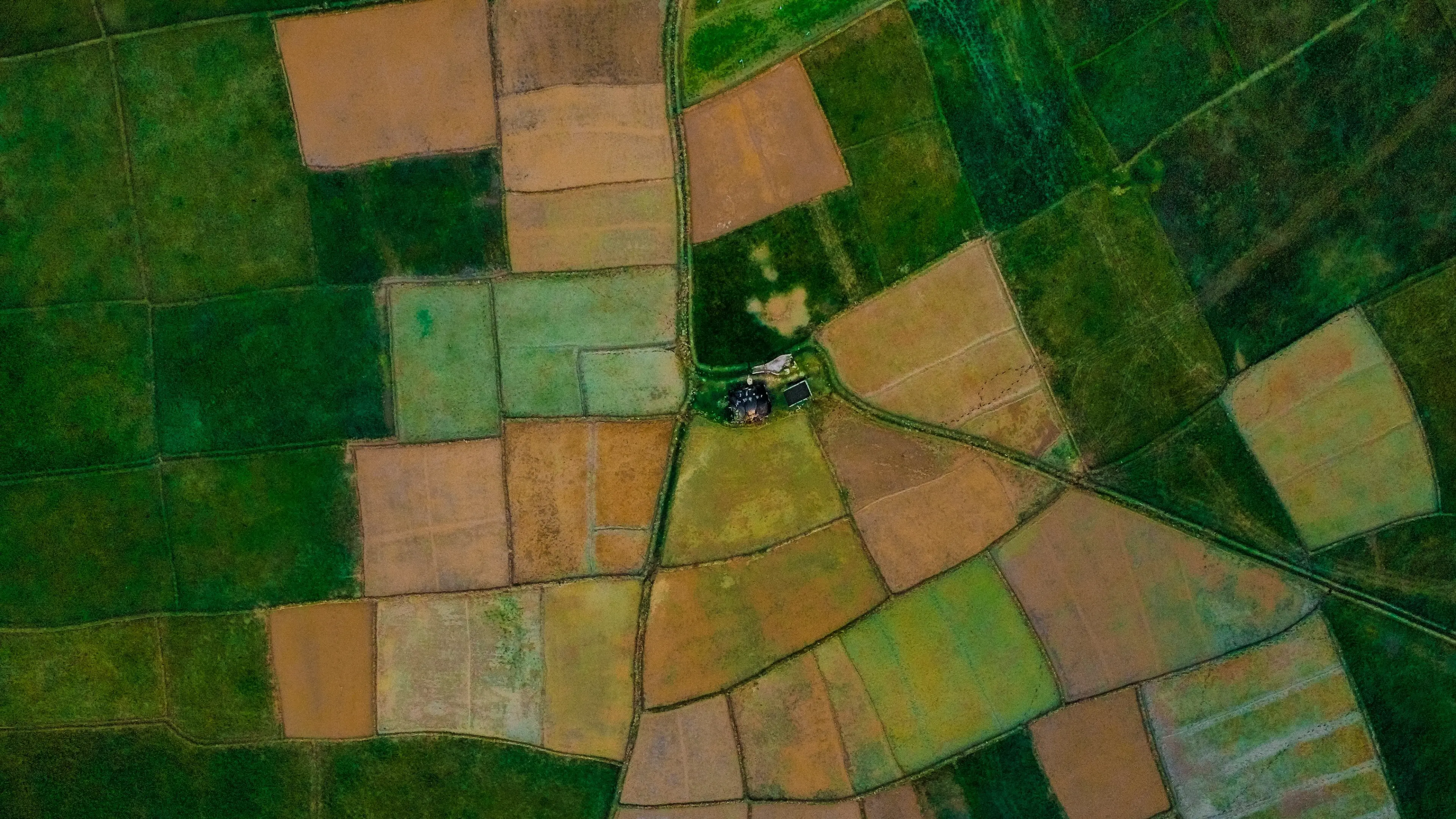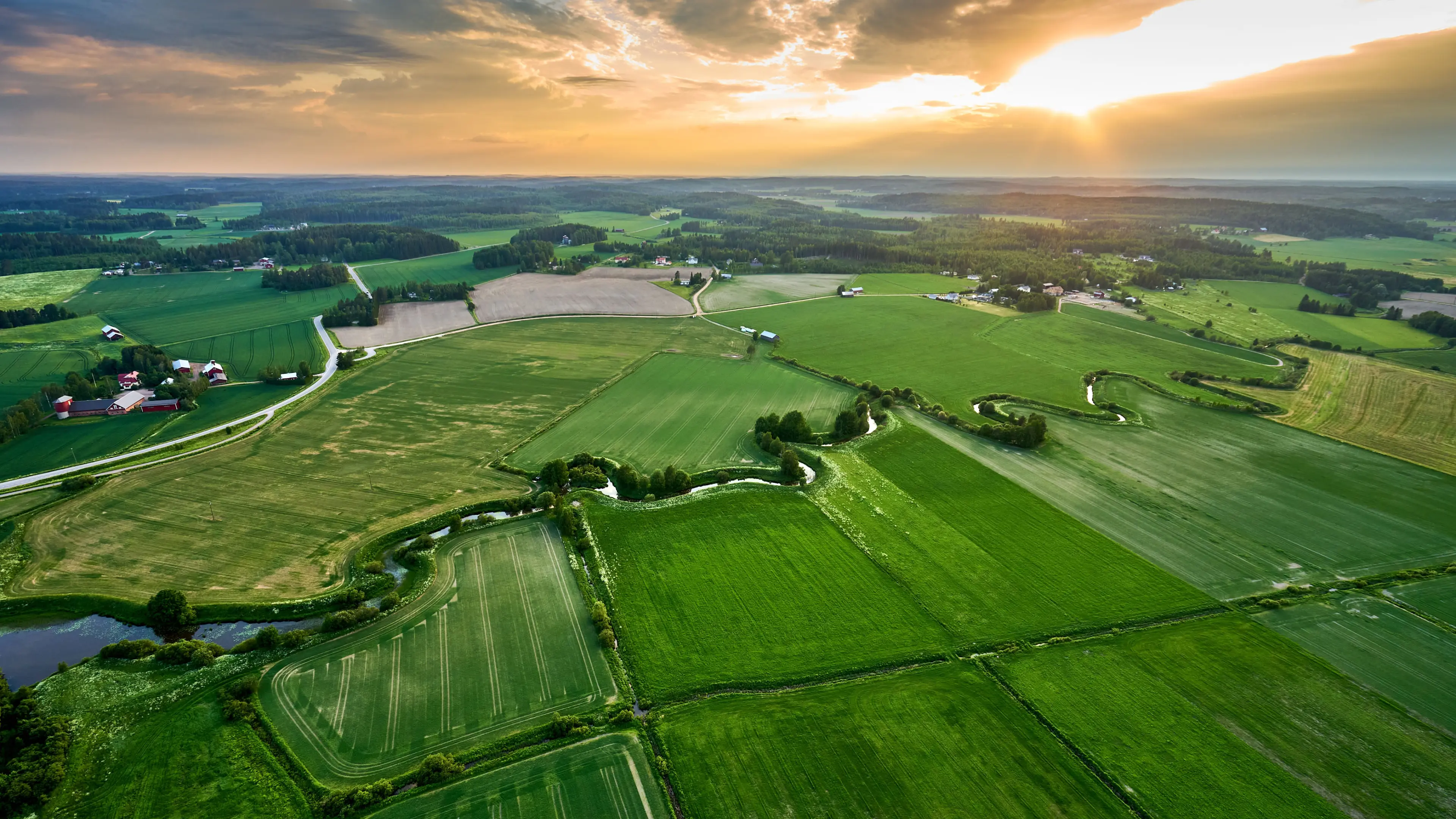Agriculture is not bound by time. It’s rooted in the history of our Earth, and it will affect us for generations to come. Technology, on the other hand, has a clear growth trajectory over time. Its growth has accelerated significantly over the last several decades, and has impacted both what we know about food and the way we produce it.
How do we marry the traditional nature of agriculture with the revolutionary nature of technology? Simply enough, we enable growers to facilitate the union.
We recently attended Tech Hub LIVE, a conference at the intersection of technology and agriculture. The conference featured a panel discussion titled, “The Technology Adoption Mindset,” which explored the ways in which we can enable growers to adopt new technologies on the farm. The panel featured farmers Angela Knuth and Ben Amerin, CEO Kylen Hunt of KylenHunt & Co., and Erich Eller, President of ForeFront Ag Solutions.
Our biggest learning? In order to facilitate technology adoption, we must understand that adoption is a human-centric concept.
Building Trust
Trusting new processes is a large factor in enabling technology adoption. Farmer Ben Amerin from Plains, Kansas remarked, “We get sold a lot of snake oils. It’s been a big thing for me to trust my dealers.” Growers rely on one year’s profits to fuel the next year’s business decisions, and margins are often too thin to test practices with low confidence.
“I have a close relationship with everyone I work with; we’re all close friends. If my dealers don’t believe in a product, they’ll flat-out tell me.”
Amerin and others have established trusting relationships with dealers and advisors. They rely on their communities to build successful operations. Without strong trust in a product or system, adopting new systems isn’t worth the risk it poses to an operation.
Testing New Methods
In addition to building trust among growers, ag tech innovators and developers must allow some time for growers to test new methods, ensuring success on a small scale before transitioning to large-scale changes.
“Fear is a big factor in all of it,” emphasized Ben Amerin. “You gotta test, and get your toes wet. Keep changing, try again, just try over and over with new practices.” Testing new tools and methods requires a certain amount of failure, and embarking on a project with a high risk of failure is difficult in any occupation. Add fluctuating markets, weather events and insect or disease pressure, and growers have a lot of risk to manage each season.
For this reason, testing new technologies and ensuring their success is essential in accelerating the speech of technology adoption. Amerin also shares the value of trusting a team to guide on-farm tests.
“If I didn’t have my team, I wouldn’t have made many of these changes.”
Technology and data collection must be globally scalable to transform food systems. In the same way, technology and data collection must be scalable from one field to an entire farm in order to encourage adoption and accelerate change.
Understanding the Operation
Finally, panelists agreed that understanding a grower’s operation — from data capabilities to succession plans — is key to enabling technology adoption.
Erich Eller, of ForeFront Ag Solutions, said, “First and foremost, I want to make [growers] as successful as possible. I want to give them every opportunity, every tool, that will make them a better employee and a better person.” He added, ““The technology itself is going to change. The purpose doesn’t.”
Having a fundamental understanding of a grower’s operation will not only accelerate tech adoption, but it’ll also help the industry understand what’s most useful for growers, and how to best accelerate the future of agriculture.
And growers aren’t the only parties involved, either. It takes a community to establish a farm, and panelists emphasized that a grower’s community of advisors is essential in enabling technology adoption, increasing innovation in the ag tech industry and building resilient food systems. As Kylen put it, “Unless we have an understanding of the operation’s belief system, we’re going to have a hard time connecting. Period.”
At its crux, technological innovation is driven by people.
“Adoption isn’t about technology, it’s human.”
said Kylen at the end of the panel. “We need to learn how to connect with others, how to lead others to change, and how to adapt to others’ thought processes.”
Indeed, building connections, trust and community will enable growers to adopt new technologies and test new management practices. These technologies can facilitate resilient agriculture practices and carbon sequestration, which can combat climate change.
See more insights from Tech Hub LIVE 2021.
.avif)


